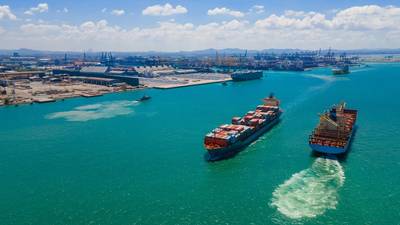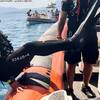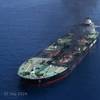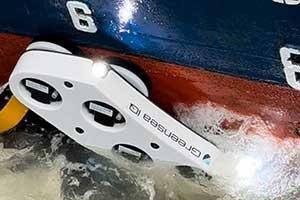Alarm Fatigue Taskforce Established
Lloyd’s Register (LR) has released a new report indicating that alarms on ships must be rationalized to support crew welfare and avoid the safety risks associated with alarm fatigue.
Consequently, LR and a selection of partners have created an industry task force to research industry approaches and assess their suitability for managing alarm systems funded by the Danish Maritime Fund.
The report states that digitalization of maritime operations has led to the number of bridge alarms increasing by 197% per hour whilst a vessel is in open sea compared to nearly two decades ago.
The investigation also revealed that there are 70% and 6% more alarms in coastal waters and confined waters respectively compared to 20 years ago.
The research was carried out as part of LR’s ‘Alarm Management in the Maritime Industry’ report drawing on real-world data gathered from 65 watchkeeping officers from 15 ships operated by 10 independent companies. Data collected as part of the investigation was compared with the crew's own perceptions of the impact of alarms on their work.
On the ships bridge, peak rates were found to be 74 alarms per hour in a situation requiring high levels of concentration of the navigating officers. For engine room alarms, certain ship segments were experiencing an average of 2,500 machinery alarms per day, with peak daily rates seen at 22,500.
The excessive number of alarms now onboard often leads to alarm fatigue and can adversely affect officers’ operational awareness and performance onboard, says the research. There are currently no regulatory instruments mandating justification of the safety credit claimed by alarms.
The study also demonstrates the advantages of alarm systems, and how they can support crews both during normal operations and in demanding situations. It also asserts that alarm frequency should be better monitored and controlled to ensure maximum utility is gained from the software.
Duncan Duffy, LR’s Global Head of Technology, Electrotechnical Systems and Digitalisation, said: “This investigation reveals the unintended consequences of many uncoordinated alarm requirements being assembled together in a ship system. There is an obvious need for some alarms but confusion regarding necessary actions or uncertainty regarding root causes can lead or contribute to serious incidents. This comprehensive study represents a key step in addressing these challenges.”













